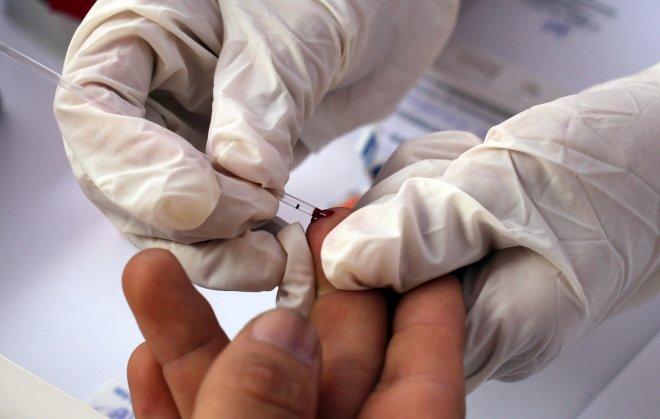
Feeling helpless in addressing the growing HIV virus in the Philippines, particularly in Metro Manila, the Philippines health department has sought the help of 17 mayors in Metro Manila (or National Capital Region) to help in the campaign to prevent the widespread of HIV-AIDS, particularly among Filipinos.
Health authorities called on the Mayors to take proactive steps and develop programs to address the 60,000 people in the Philippines who are HIV positive.
Health Secretary Paulyn Ubial said that if there are no new drastic interventions made by our country, then around 201,000 people in the country will be living with HIV. Moreover, by the end of 2017, there will be around 67,000 people who will be potential HIV carriers.
Ubial made this urgent announcement to the 17 mayors in Metro Manila because the region registers the highest number of people who have tested positive for HIV. Around 65 percent of HIV – positive persons reside in Metro Manila and nearby cities and provinces.
The Health Department disclosed that the sector that is vulnerable to the growing epidemic is that of young men belonging to the 15-24 years old bracket who engage sexual intercourse with fellowmen. Another vulnerable sector is that of transgender women who have sexual intercourse with males.
What is more surprising in the research of the health department is that most HIV carriers have started to have sex at age 12. One of the major challenges is that the HIV intervention program can only be applied to and accessible for people when they reach 18 years. Thus, by the time they avail the government's health interventions, there's a possibility they could have had sexual contacts with other people.
Upon learning of this alarming presentation, the different local government executives signed a manifesto to fast-track the implementation of the health department's high-impact HIV interventions that include education drives, prevention services for young people with risky behaviors and HIV diagnosis.
The UNAIDS also reported that the Philippines had a 140% increase in the past six years and is now the country with the fastest growing HIV cases in the Asia-Pacific region.









